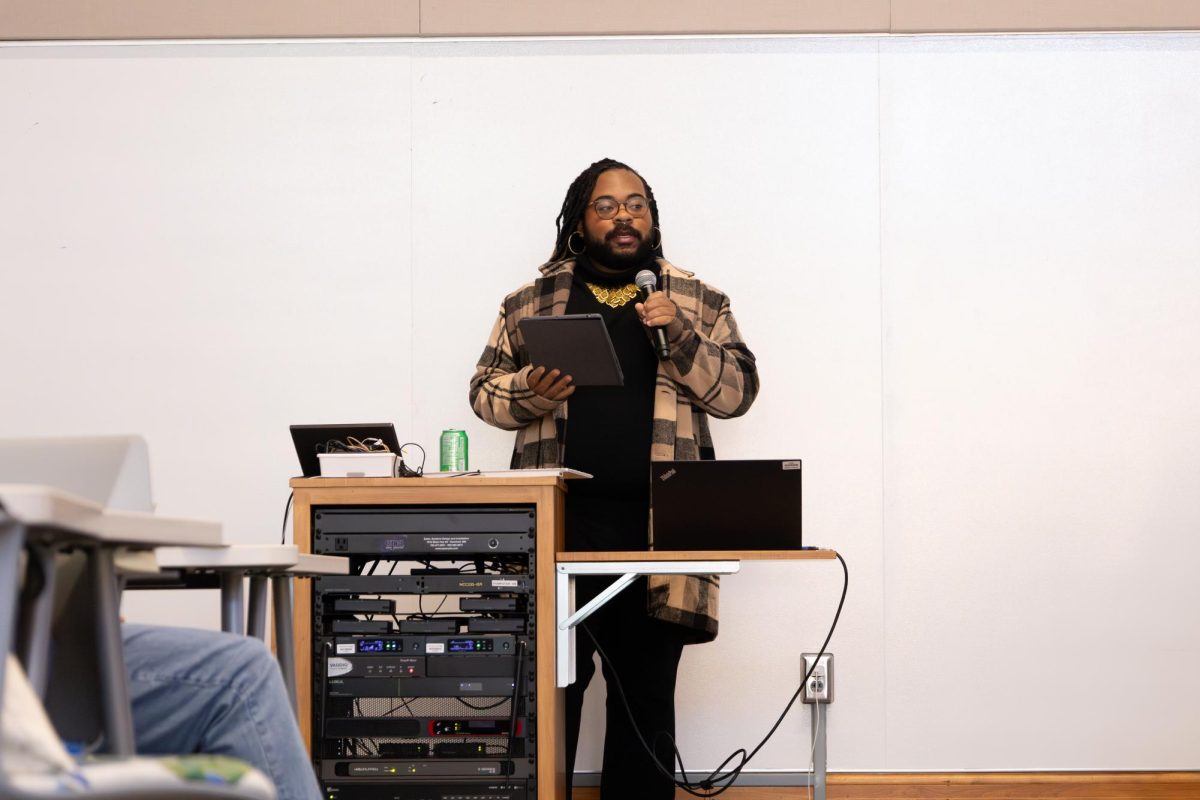In a normal year, more than 70% of Carls study abroad at least once before graduation, but the near-total suspension of study abroad programs due to the COVID-19 pandemic has rerouted many students’ academic plans. The program “Climate Change and Human Health in Ethiopia: From Science to Practice,” however, was not cancelled but moved online.
The program was based around research on a new, environmentally-friendly cookstove created by program leaders Deborah Gross, Professor of Chemistry, and Tsegaye Nega, Associate Professor of Environmental Studies. Looking at how pollution from older cookstoves affects both the environment and human health, the students were researching how the new cookstoves were making a difference in environmental quality and quality of life.
Ella Hein ’23, a participant in the program, said that “we were going to look at the stoves in use and how pollution affects households, both from an environmental and human health perspective. What are the symptoms people are having when they’re just burning wood in their homes?”
Elizabeth Farr ’22, another student on the program, adds that “this program is also unique because it emphasizes research, and while you’re taking classes at Carleton related to it, you’re just focusing on your research project while you’re actually there.”
The program required enrollment in classes in Fall Term in addition to the winter break travel period. In Fall Term, students took a climate change and human health class to provide the context and skills necessary to conduct research over winter break. This part of the program was relatively easy to adapt to an online format, with the in-person classes being moved to Zoom.
The actual study abroad part was a little trickier, and it was up to the faculty leaders of the program to figure out how to best move this abroad experience online. “It was a matter of figuring out, how could we make all the things that were part of the trip still happen even if the students weren’t on the ground in Ethiopia?” Gross said.
Instead of physically travelling to Ethiopia, the Carleton students collaborated over Zoom with university students in Addis Ababa, the capital of Ethiopia. “We were always planning that there would be a ‘staff’ of collaborators who would be more than just translators or logistics people,” Gross explained, “but who would also be university students who would be interested in the research projects and who would be able to be collaborators with our students.”
It was these students in Addis Ababa who ended up collecting the data and conducting the experiments while collaborating with Carleton students over Zoom. Once the Carleton students received the data, they would spend the day processing it and figuring out what it said. Hein said she appreciated the collaborative style, and felt like she got close to their Ethiopian partners even if she couldn’t be in person with them.
“It was really good to work with the university students our age,” Hein said. “We were lucky, because Tsegaye was there [in Ethiopia], and we had our teams that we worked with really closely. Obviously it wasn’t the same as if we had actually been there, but it was still a very fulfilling experience.”
Gross agreed, saying that “the logistical challenges were significant” and “without Tsegaye there, nothing would have worked so easily. We knew that with it being online, there was no way the relationships would be the same, and there was no way for us to approximate the experience of physically being there, but we just had to be okay with that and focus on making the projects turn out how we wanted them to.”
Though the pandemic has changed everything, students have learned how to manage their expectations and be flexible with changes. Sean Boyce ’23, another student on the program, said that “way back before Fall Term started, the program leaders told us that they got the final word about not going abroad in the winter, and gave us the option to drop it. That was really helpful because I was able to step back, adjust my expectations and get excited for the program we did have.”
Despite studying “abroad” over Zoom, the students still said they got the experience they had wanted. Farr said, “this was my first experience developing a research project from scratch, and collecting and analyzing data. Of course, we had support from our professors but it was basically all on our own, and that was a very impactful experience for me. And my group found some really intriguing, interesting and unexpected relationships.”










